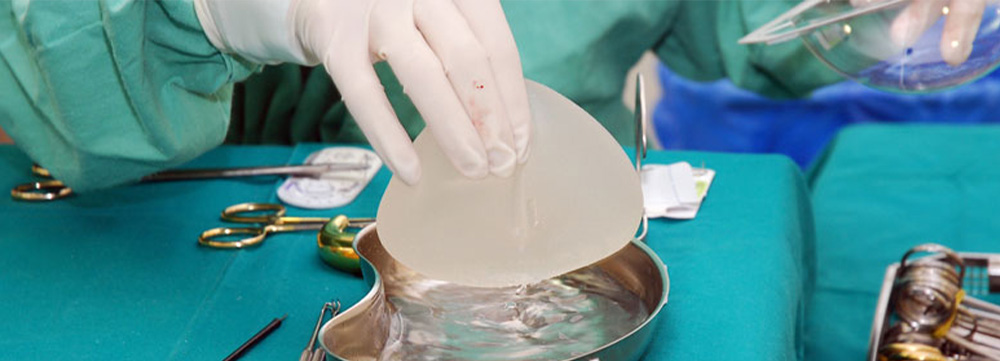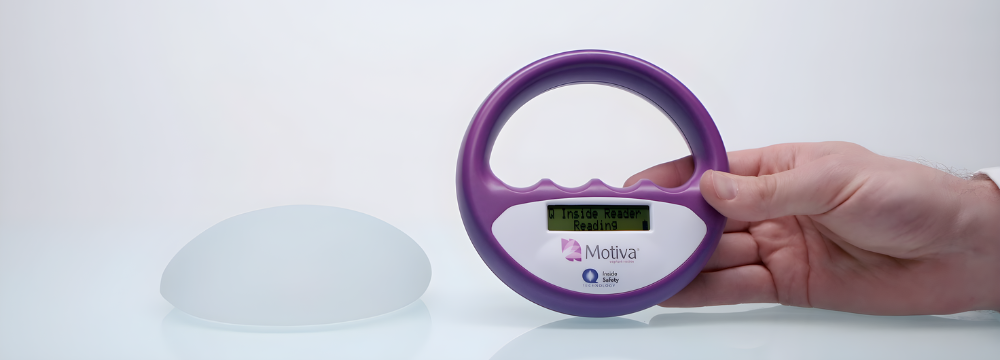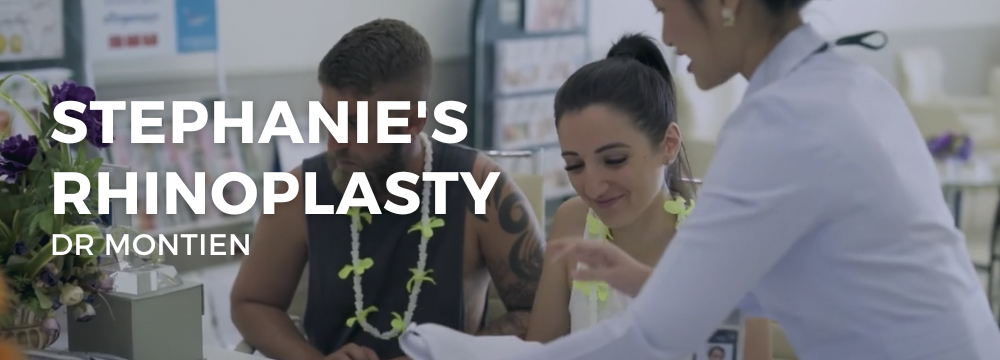BIA-ALCL is a breast implant-associated cancer, which is also known as breast implant-associated anaplastic large cell lymphoma (BIA-ALCL), a rare cancer of the immune system. It is NOT breast cancer, which forms from cells in the breast, but instead a cancer that grows in the fluid and scar tissue that forms around a breast implant. Less commonly, BIA-ALCL can take the form of a lump in the breast or a lump in the armpit. BIA-ALCL has been known to occur as soon as one year after the operation and as late as 37 years after the operation. The average time to diagnosis is within 8 years of the operation.
BIA-ALCL usually involves a swelling of the breast, typically 3 to 14 years after the operation to insert the breast implant. This swelling is due to an accumulation of fluid. Less commonly, BIA-ALCL can take the form of a lump in the breast or a lump in the armpit.
It is a rare condition, with expert opinions estimating the published risk of BIA-ALCL at between 1-in-1,000 and 1-in-10,000. Although fatalities have been recorded, the vast majority of BIA- ALCL are cured by removal of the implant and the capsule surrounding the implant. If you notice any of these problems (swelling or a lump), or you have any other concerns with your implants, you should seek medical attention. Because BIA- ALCL is rare, experts do not recommend removal of breast implants where there are no problems with the implant.
Our Plastic Surgeons and hospitals maintain a register with the individual manufacturers of the implant brands, each client is provided with a breast implant warranty card with the unique serial number of their implants used with their Breast Augmentation surgery. Surgeons have commenced advising patients of BIA-ALCL since late 2017 when the first findings on BIA-ALCL were released.
If you have any concerns or for more information please contact the CosMediTour Client Management Team and Plastic Surgeon.
Disclaimer: Please note any information provided should be used only as an information guide and not CosMediTour giving advice. Do your own valid surgery research and seek advice from a general practitioner to enable you to be fully informed about surgery. CosMediTour Surgery Terms & Conditions apply.










